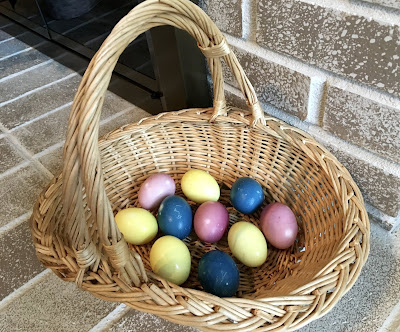The Dirty Dozen and The Clean 15
You may be wondering
what all the fuss around organic vs non-organic produce is about; here are a
few basics to consider before your next trip to the grocery store.
Many reports issued
recommend eating produce without pesticides to reduce your risk of getting
cancer and other diseases. Other factors to examine are: where the item came
from, the environmental impact, the cost that suits your budget, and any possible
additives in the process, etc. Also, ‘natural’ does not mean organic and there
is a difference between ‘100% organic’ and ‘organic’ as well. It is crucial to always
do your own research and find out what aspects really matter to you and/or your
family.
According to
the Environmental Working Group, certain types of organic produce can
reduce the amount of toxins you consume on a daily basis by as much as 80
percent. As the spring season is fast approaching this is definitely something
to take into consideration. The following lists were compiled using data from
the United States Department of Agriculture on the amount of pesticide residue
found in non-organic and organic fruits and vegetables after they had been
washed. The Dirty Dozen tested positive for 47-67 different chemicals and the
Clean 15 had little to no traces of pesticides and proved safe to consume
non-organic versions.
I'm the first to
admit that I don't buy all organic, but when it comes to certain items it is
important to reflect upon what you are really putting into your body. It is
also essential to notice how different produce, organic and not, make your body
feel once consumed.
The Dirty Dozen
Celery Peaches
Strawberries Apples
Domestic blueberries Nectarines
Sweet bell peppers Cherries
Potatoes Lettuce
Imported
grapes Spinach/Kale/
Collard
Greens
The Clean 15
Onions Avocados
Sweet corn Pineapples
Mango Sweet Peas
Asparagus Kiwi Fruit
Cabbage Eggplant
Cantaloupe Watermelon
Grapefruit Sweet Potatoes
Sweet Onions
The final verdict:
make sure you consider what factors are important to you and that you are aware
of the amount of chemicals that may tag along with the produce you choose. One of the safest ways to guarantee you know everything about your food, grow your own and enjoy the process!




Comments
Post a Comment